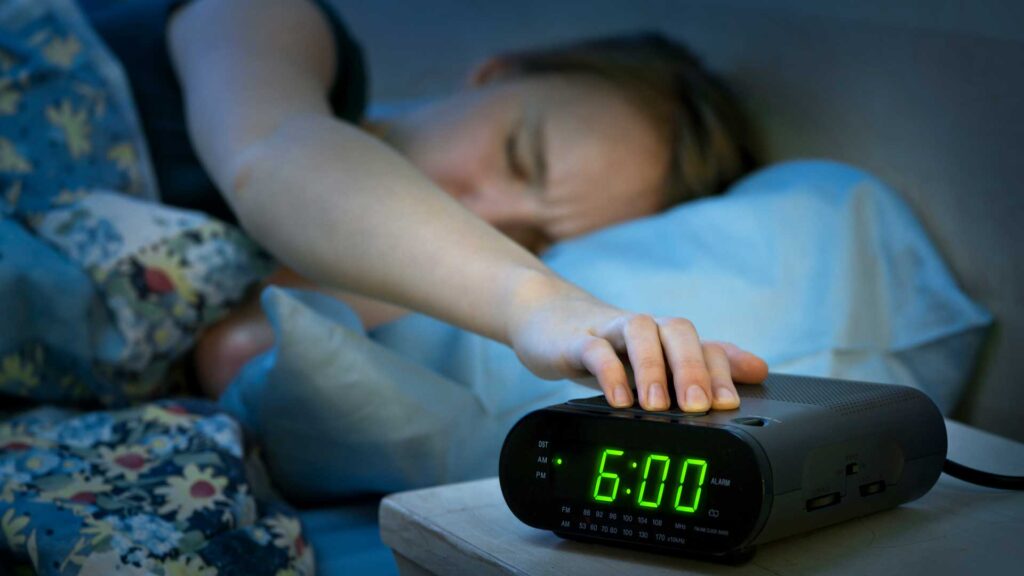
Beep beep beep. It’s your alarm alerting you it’s time to get up, but once again you’re not ready for it. So what do you do? Naturally you hit the snooze button a few times until you really have to get out of bed. If this sounds familiar you’re not alone — in fact, it might actually be a good thing for your health.
A new study reveals that hitting snooze can actually be beneficial. At Stockholm University, researchers ran two studies to determine predictors and effects of snoozing.
One of the big takeaways? Snoozing doesn’t have a negative impact on sleep quality.
How Does Snoozing Affect Us?
The first study, a questionnaire, reported that, among the 1732 respondents:
- 69 percent use snooze or set multiple alarms “sometimes”,
- 71 percent snooze on workdays compared to days off (23 percent)
- 60 percent, “most often” or “always” fall asleep between alarms (1)
But why do people hit their snooze button? Dr. Ryan Sultan, Columbia University professor and board-certified psychiatrist and therapist, not affiliated with the study, told Sleepopolis that while snoozing is a common habit, people do it for a variety of reasons.
The study found this to be true, with the most common reason being “feeling too tired to wake up,” followed by a tie between “it feels good” and “to wake up more slowly.” (1)
Twenty two minutes was the average time people spent snoozing their alarms with eight minutes between each alarm. Snoozers also tended to be six years younger than non-snoozers, and four times as likely to prefer the night time.
Sultan explained that this finding isn’t particularly surprising. “They often stay up later due to academic, social, or work commitments, and as a result, they may not get enough sleep, ” he explained. “Snoozing the alarm can be an attempt to compensate for this sleep deficit by stealing a few extra minutes of rest in the morning.”
What does all of this mean?
The study’s lead author, Tina Sundelin, told NBC news, “that snoozing for 30 minutes in the morning does not make you more tired or more likely to wake up from deep sleep.” The Stockholm University associate professor continued saying, “ for those who usually snooze, it might even be helpful with waking up.” (2)
What Does the Data Say Is the Impact of Snoozing on Health?
To look deeper at the impact of snoozing, the second study recruited 31 habitual snoozers to spend multiple nights in a sleep lab. All of the participants reported that they snooze their alarm two or more times per week, always fall back asleep between alarms, and none had sleep disorders, including insomnia or sleep apnea.
The participants tried two different methods of waking up, either immediately getting up after their alarm went off, or setting their alarm for 30 minutes before their wake time so they could snooze their alarm three times. Both methods used their habitual sleep and wake times, with an average of seven days between the two methods.
Snoozing resulted in an average six minutes of lost sleep; however the structure of their sleep was the same during both methods.
Cognitive tests were conducted immediately after getting out of bed, testing reaction times, solving math problems, and their ability to recall past experiences.
The test found that the 30 minutes of snoozing improved or did not affect performance on the tests compared to when abruptly waking up. This advantage for snoozers disappeared within 40 minutes however.
There were also no significant differences between the snoozers and non-snoozers when it came to cognitive performance in the afternoon or during lunchtime.
While there is more research needed to support their findings, for now, if you’re a snoozer just keep doing what you’re doing.
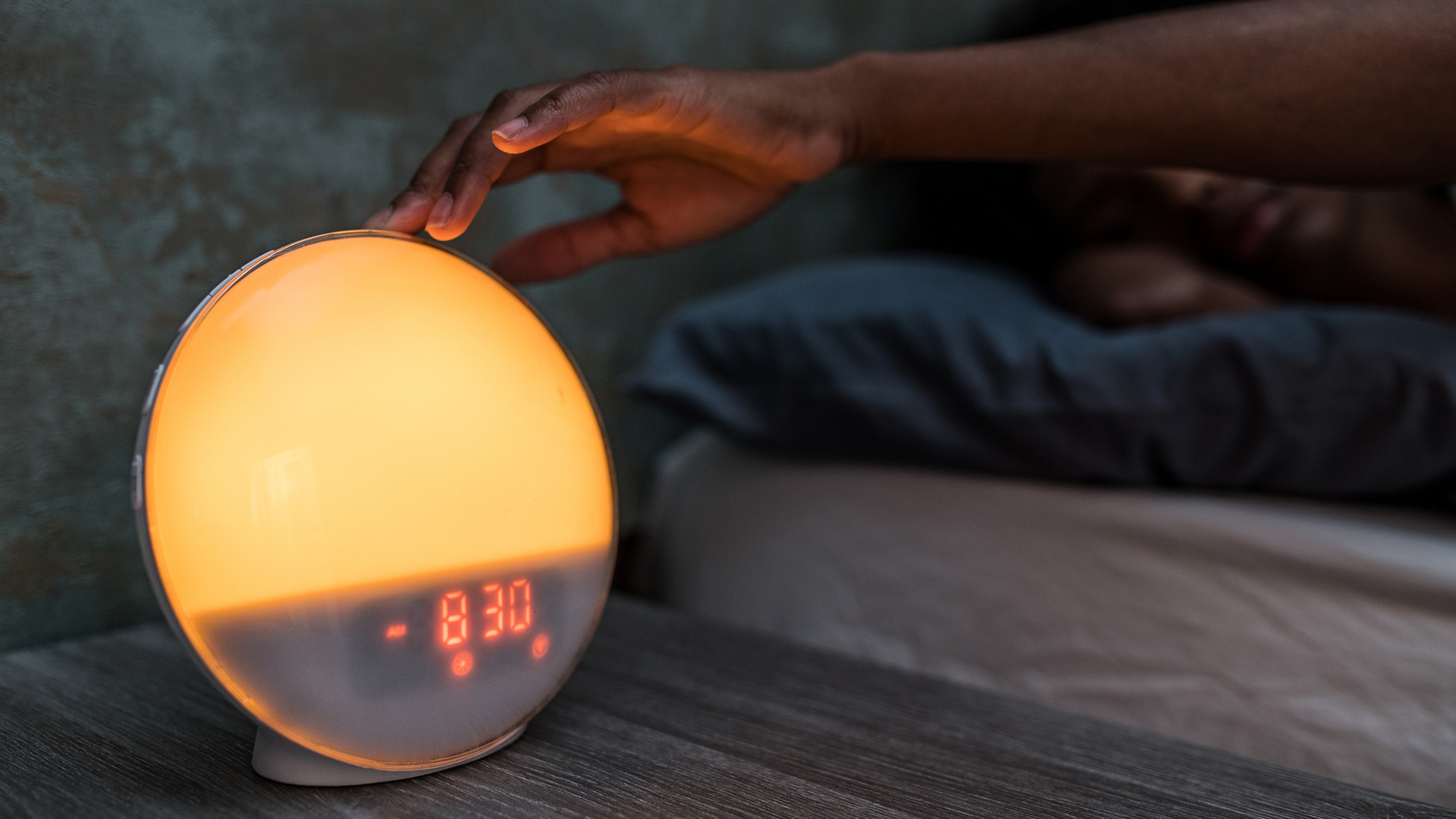
Why Sunrise Alarm Clocks Are So Popular Right Now
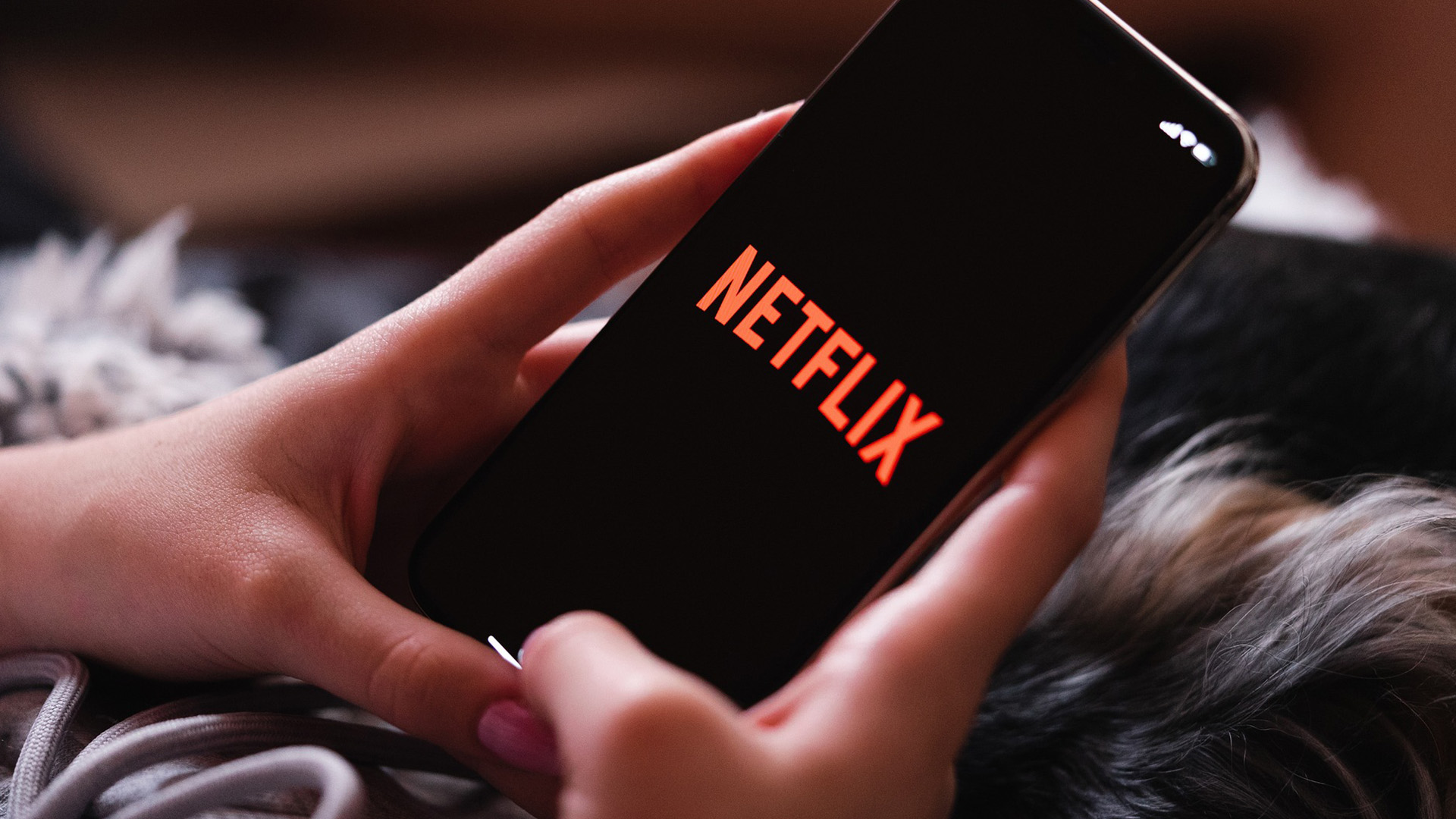
‘Love is Blind’ Contestants Claim the Show Led to Sleep Deprivation
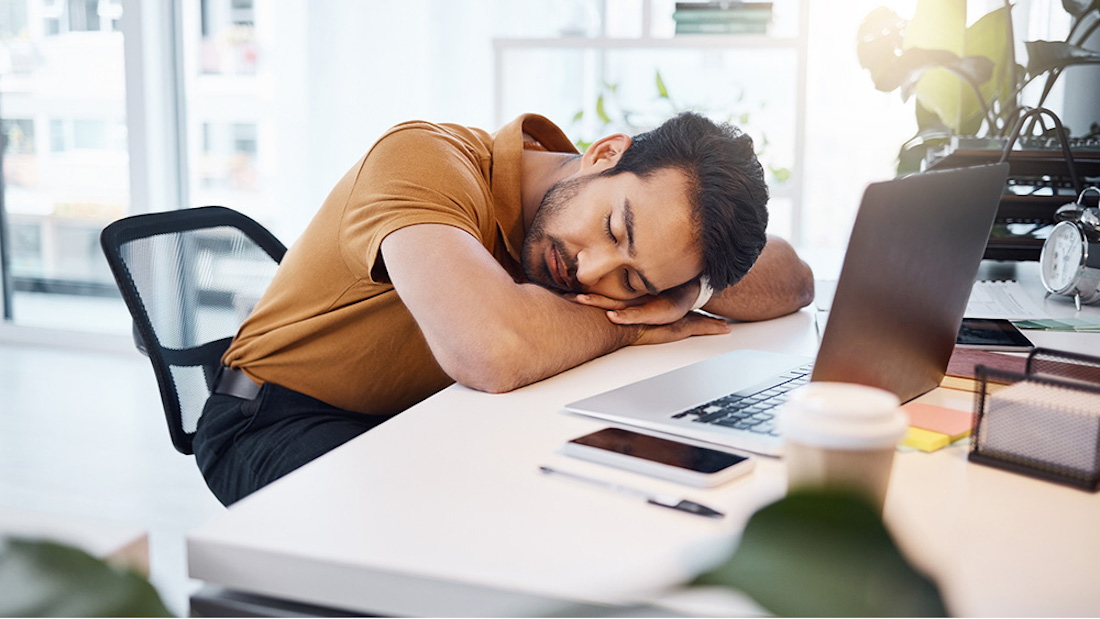
Why Are TikTokers Taking Overly Long Power Naps at 6 p.m. These Days?
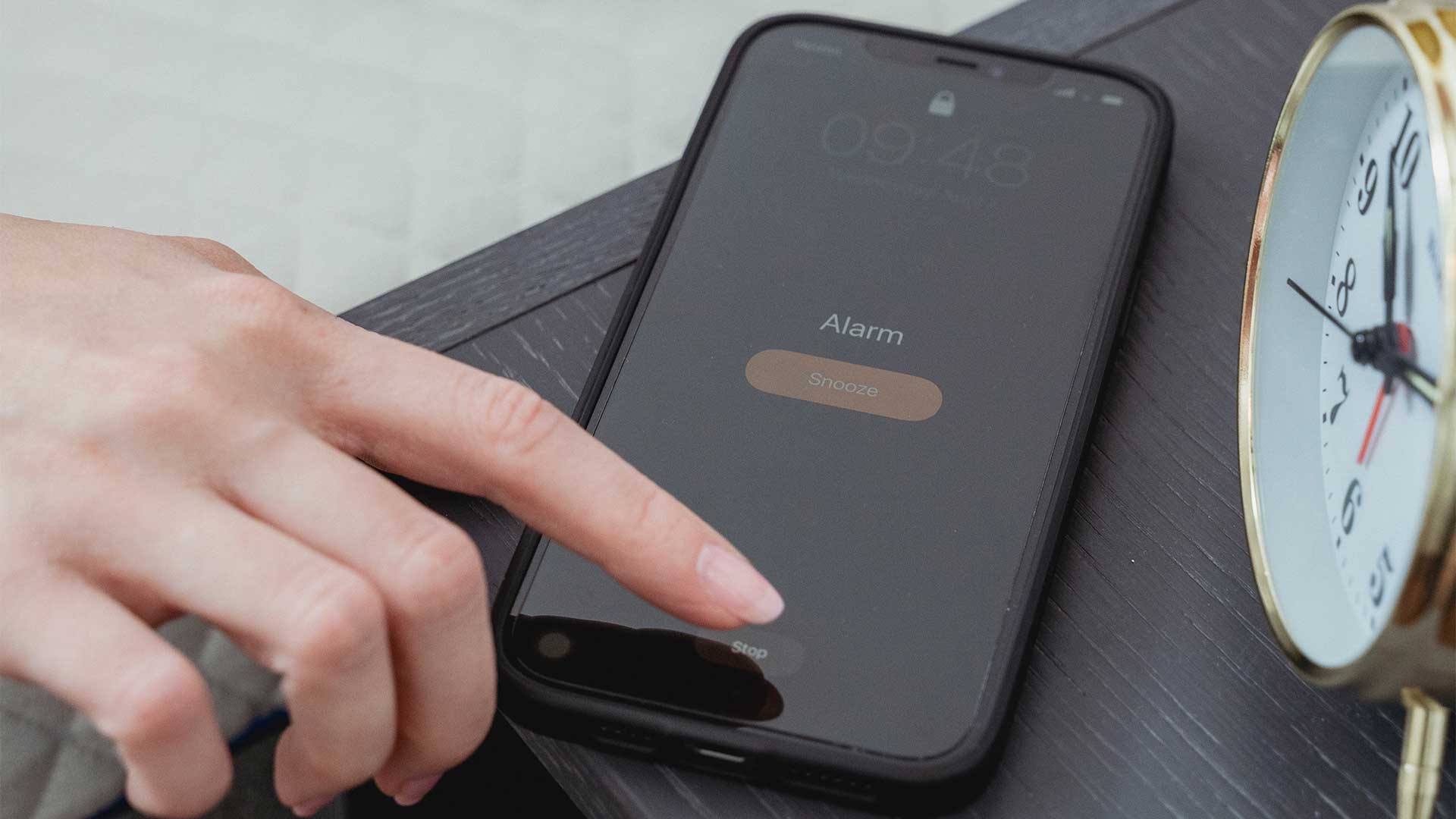
iPhone Users Say Their Alarms Aren’t Going Off In the Morning
Sources
1. Sundelin T, Landry S, Axelsson J. Is snoozing losing? Why intermittent morning alarms are used and how they affect sleep, cognition, cortisol, and mood. Journal of Sleep Research. Published online 2024. doi:10.1111/jsr.14054
2. Carroll, Linda. NBC News. October 18 2024. https://www.nbcnews.com/health/health-news/ok-hit-snooze-button-according-science-rcna120830.
Sultan, Ryan. Personal Interview. October 2024.


























